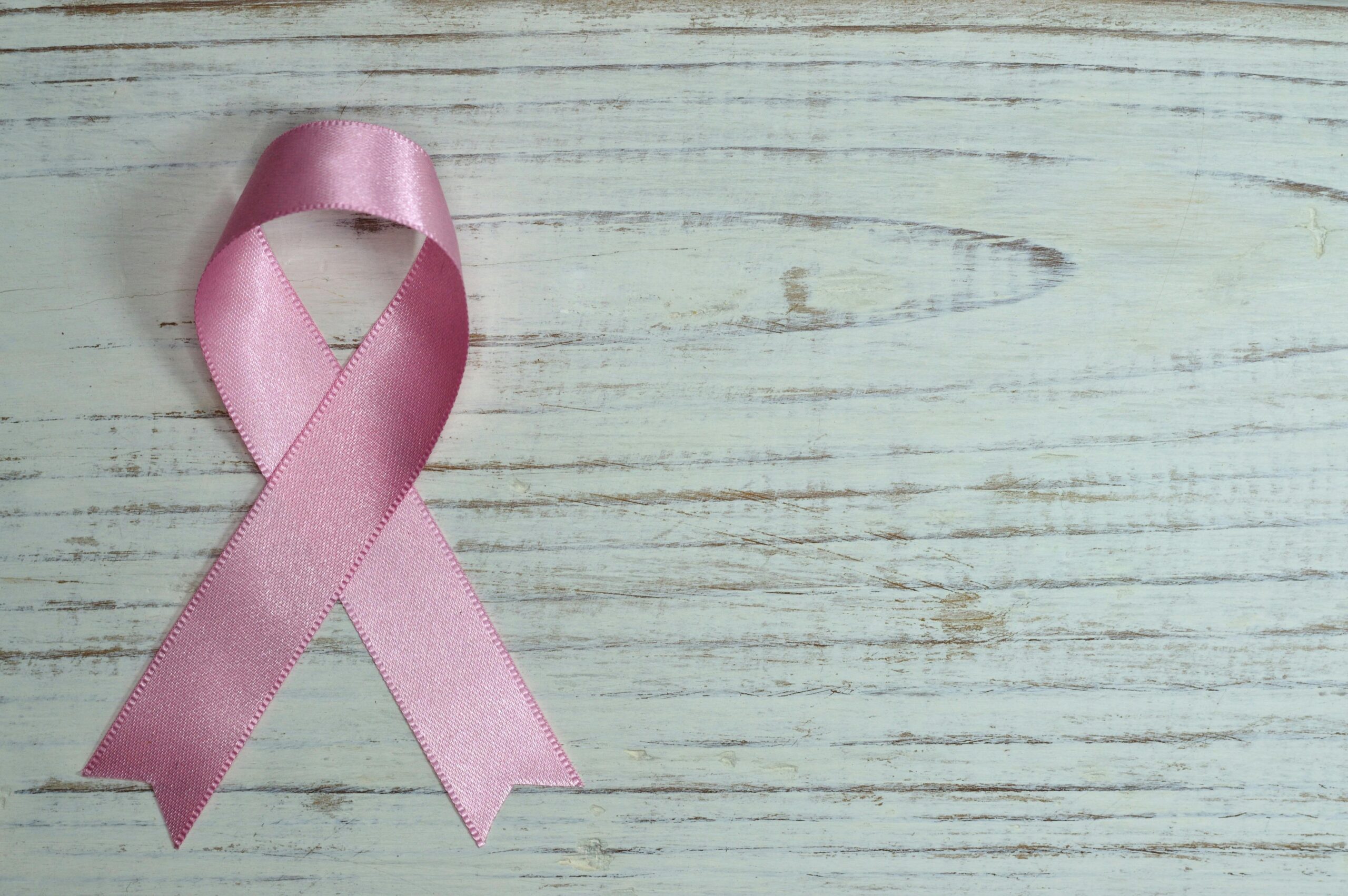Cancer is a formidable health challenge, but nutrition plays a pivotal role in supporting the body through prevention, treatment, and recovery. While no single food can cure cancer, a well-balanced, nutrient-rich diet can strengthen the immune system, reduce inflammation, and enhance overall well-being during and after treatment.
Recognizing Nutrition’s Function in Cancer Treatment
Nutrition supports the body by providing essential vitamins, minerals, and antioxidants that aid cellular repair and immunity. For those diagnosed with cancer, proper nutrition can:
- Improve treatment tolerance
- Reduce side effects
- Support immune function
- Promote healing and energy
Key Nutritional Strategies for Cancer Management
1. Eat a Plant-Based Diet
A plant-based diet emphasizes fruits, vegetables, whole grains, nuts, and seeds, which are rich in fiber, antioxidants, and phytochemicals. These substances can lessen inflammation and counteract dangerous free radicals. Prioritize colorful vegetables like kale, spinach, carrots, and bell peppers, as well as berries, apples, and citrus fruits for their high antioxidant content.
2. Prioritize Protein Intake
Protein is vital for cell repair, muscle maintenance, and immune support during cancer treatment. Include lean sources like:
- Poultry and fish
- Eggs
- Legumes (lentils, chickpeas, black beans)
- Tofu and tempeh
- Dairy or dairy alternatives
3. Healthy Fats Matter
Incorporate healthy fats that provide essential fatty acids and help reduce inflammation:
- Avocados
- Nuts and seeds
- Olive oil
- Fatty fish (salmon, mackerel, sardines)
Avoid trans fats and highly processed oils, as they may promote inflammation.
4. Stay Hydrated
Hydration is crucial for overall health, especially during cancer treatment when dehydration can occur due to side effects like vomiting or diarrhea. Sip on coconut water, herbal teas, and lots of water. Limit sugary drinks and caffeinated beverages.
5. Limit Sugar and Refined Carbohydrates
Excess sugar consumption can lead to insulin spikes and inflammation. Use whole grains like these in place of processed carbohydrates:
- Brown rice
- Quinoa
- Oats
- Barley
6. Support Gut Health with Probiotics and Prebiotics
A healthy gut microbiome supports immunity and digestion. Add foods high in probiotics, such as kefir, yogurt, and fermented vegetables (kimchi, sauerkraut). Bananas, onions, and garlic are examples of prebiotic foods that support healthy gut flora.
Special Considerations During Cancer Treatment
Chemotherapy and radiation therapy for cancer might have an impact on digestion and appetite. Adapt dietary practices to control adverse effects:
- Nausea: Ginger tea, peppermint, and small, frequent meals can help with nausea.
- Fatigue: Energy-dense snacks like nuts and seeds
- Mouth Sores: Soft, bland foods like oatmeal and smoothies
- Weakened Immunity: Avoid raw or undercooked foods
Superfoods for Cancer Support
Incorporate these nutrient-dense foods known for their anti-cancer properties:
- Turmeric: Contains curcumin with anti-inflammatory effects
- Green Tea: Rich in polyphenols
- Cruciferous Vegetables: Brussels sprouts, cauliflower, and broccoli are examples of cruciferous vegetables.
- Berries: Blueberries, raspberries, and strawberries
Lifestyle Factors Beyond Nutrition
While diet plays a significant role, it should be part of a holistic approach that includes:
- Regular physical activity
- Adequate sleep
- Stress management (yoga, meditation)
- Avoiding tobacco and limiting alcohol
Consult with a Healthcare Professional
It is essential to consult with an oncologist or a registered dietitian specializing in oncology nutrition for personalized advice tailored to the type and stage of cancer, treatment plan, and individual needs.
Conclusion
Fighting cancer with nutrition involves adopting a nutrient-dense, balanced diet rich in whole foods while minimizing processed foods and added sugars. By supporting the body with proper nutrition, one can enhance resilience, improve treatment outcomes, and promote long-term health. Remember, nutrition is a powerful tool, but it should complement medical treatment for the best results.




